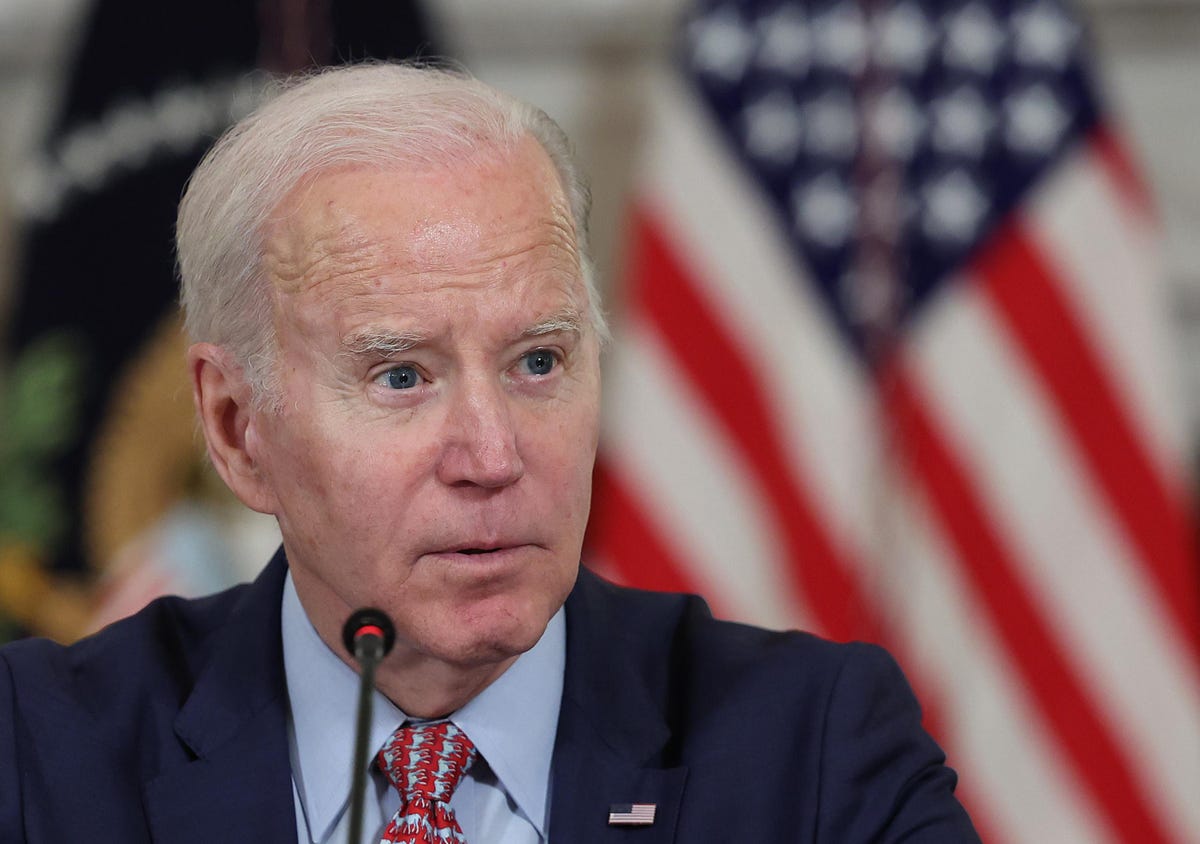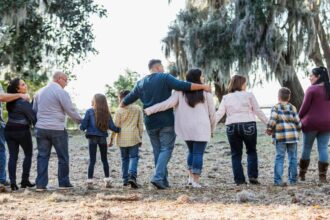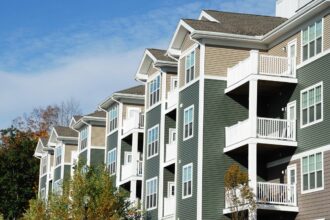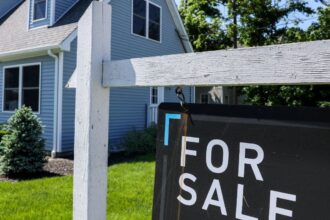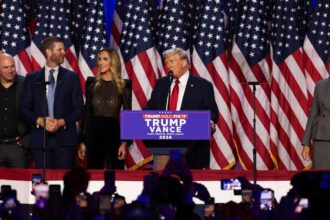Yet another legal dispute over student loan forgiveness may be headed to the Supreme Court, leaving thousands of borrowers unsure of what’s to come.
The Supreme Court is already considering two legal challenges over President Joe Biden’s signature one-time debt relief plan. That massive initiative would allow up to 40 million borrowers to receive $10,000 or more in federal student loan forgiveness. The Court held a historic hearing in February where the justices hammered attorneys on both sides of the dispute, and it’s expected to issue a ruling in June. In the meantime, no borrowers have received loan forgiveness under the initiative.
But now, another legal dispute over a smaller, but still significant student loan forgiveness initiative is being appealed to the Supreme Court. It’s too early to know what the Court will do. But here’s what borrowers should know.
Historic Settlement Was Approved To Resolve Dispute Over Student Loan Forgiveness Applications
The latest dispute is over the Sweet v. Cardona case, a long-running class action lawsuit brought by student loan borrowers against the Education Department over allegedly stalled or improperly denied Borrower Defense to Repayment applications. The Borrower Defense program allows federal student loan borrowers to request debt relief, including loan discharges, if they were misled or defrauded by their school. The borrowers in the Sweet v. Cardona case alleged that the Education Department ignored thousands of applications (in some cases for years), or issued arbitrary denials that had little or no factual basis.
After years of legal wrangling across two presidential administrations, a federal district court judge approved a landmark settlement agreement last November to finally resolve the lawsuit. Under the agreement, over 200,000 borrowers would receive $6 billion in student loan discharges if they attended one of several dozen schools (predominantly for-profit institutions) listed in the settlement. Other borrowers could also benefit from the settlement relief even if they did not attend one of those institutions. The Education Department was expected to start implementing the settlement relief earlier this year.
Three Schools Tried To Halt $6 Billion In Student Loan Forgiveness Under Sweet v. Cardona Settlement
Just as the settlement relief was set to begin, however, three schools covered by the agreement — American National University, Everglades College, Inc., and Lincoln Educational Services — filed a request to intervene and halt the $6 billion in student loan forgiveness and other debt relief that the settlement agreement provides. The schools argued that the settlement agreement, the process to reach it, and the fact that they were listed as covered schools were unfair and damaging to their reputations.
In February, the same federal district court judge who approved the settlement rejected the schools’ arguments in a detailed ruling, and allowed the settlement relief to proceed. “Resolution of a lawsuit concerning monumental delay should not be delayed any longer by three intervenor schools who were not parties to the settlement agreement and who were not in the long, hard-fought litigation that preceded it,” the judge wrote in his decision. He noted that the debt relief would allow impacted student loan borrowers “to breathe easier, sleep easier, repair their credit scores, take new jobs, enroll in new educational programs, finish their degrees, get married, start families, provide for their children, finance houses and vehicles, and save for retirement. It will allow them not only to move on, but to move up, elevating others in the process.”
However, the three schools continued their efforts to halt the settlement relief. They appealed to the Ninth Circuit Court of Appeals, asking for yet another stay of the settlement implementation. The court allowed a temporary, limited pause on settlement relief associated specifically with the three challenging schools, but permitted the Education Department to begin implementing the rest of the $6 billion in student loan forgiveness mandated by the settlement.
Last week, the Ninth Circuit Court of Appeals issued a ruling allowing the three schools to continue with their appeal, but rejecting their request to halt the settlement relief any further. The three schools “fail to demonstrate a sufficient probability of irreparable harm to warrant a stay of the challenged settlement pending these appeals,” the court noted in its brief decision. That ruling paved the way for the Education Department to implement the Sweet v. Cardona settlement relief in its entirety, including for covered borrowers who had attended the three challenging institutions.
Challengers Now Appeal To Supreme Court To Stop Student Loan Forgiveness Under Settlement
But on Wednesday, the three schools indicated that they would be appealing the Ninth Circuit’s decision to the U.S. Supreme Court, arguing that the Education Department exceeded its authority to cancel student debt under the Higher Education Act (HEA). The Biden administration is relying on a debt cancellation provision of the HEA to implement the Sweet v. Cardona settlement agreement.
The HEA “in no way grants the limitless and unilateral power the Secretary now claims,” wrote the three challengers in court papers. “The secretary’s claimed authority amounts to nothing less than the power to cancel, en masse, every student loan in the country.”
The authority under the HEA that allows the Education Secretary to “compromise” or “waive” federal student loan debt is a different legal authority than the Biden administration relied on to enact the much larger one-time student loan forgiveness plan that was argued before the Supreme Court in February. That plan was premised on the HEROES Act of 2003, which allows the Education Department to “modify” of “waive” federal student loan programs in a national emergency, such as a pandemic. Consumer advocacy groups, however, have urged the Biden administration to consider the HEA provision as a “backup” option if the Supreme Court rejects the HEROES Act authority.
What Will The Supreme Court Do?
The Supreme Court does not accept the vast majority of the appeals it receives. If the Court takes no action, it would leave in place the earlier ruling by the Ninth Circuit Court of Appeals, which allows the Education Department to implement all of the debt relief permitted under the settlement agreement, including student loan forgiveness for all covered borrowers.
But if the Court accepts the schools’ appeal, it could issue a decision on the merits, and the breadth of the Higher Education Act’s student loan forgiveness authority could become a central issue. In the short-term, the Court could also impose a temporary stay while it considers the appeal, which could force the Education Department to halt implementation of the settlement relief yet again.
However, the request for a stay has been submitted to Justice Elena Kagan, one of the liberal members of the court, who may be unlikely to agree with the schools’ arguments. During last February’s Supreme Court hearing on Biden’s mass student loan forgiveness plan, Kagan was one of the most outspoken justices defending Biden’s authority to enact student loan forgiveness using executive action.
For now, absent any further court orders, the Education Department is continuing with its plans to implement the Sweet v. Cardona settlement relief.
Further Student Loan Forgiveness Reading
4 Critical Student Loan Forgiveness Dates Borrowers Should Know About
453,000 Borrowers Approved For Student Loan Forgiveness Under Waiver As Processing Continues
Republican Effort To Repeal Biden’s Student Loan Forgiveness Plan Gains Steam
What Happens If The Supreme Court Strikes Down Biden’s Student Loan Forgiveness Plan?
Read the full article here


